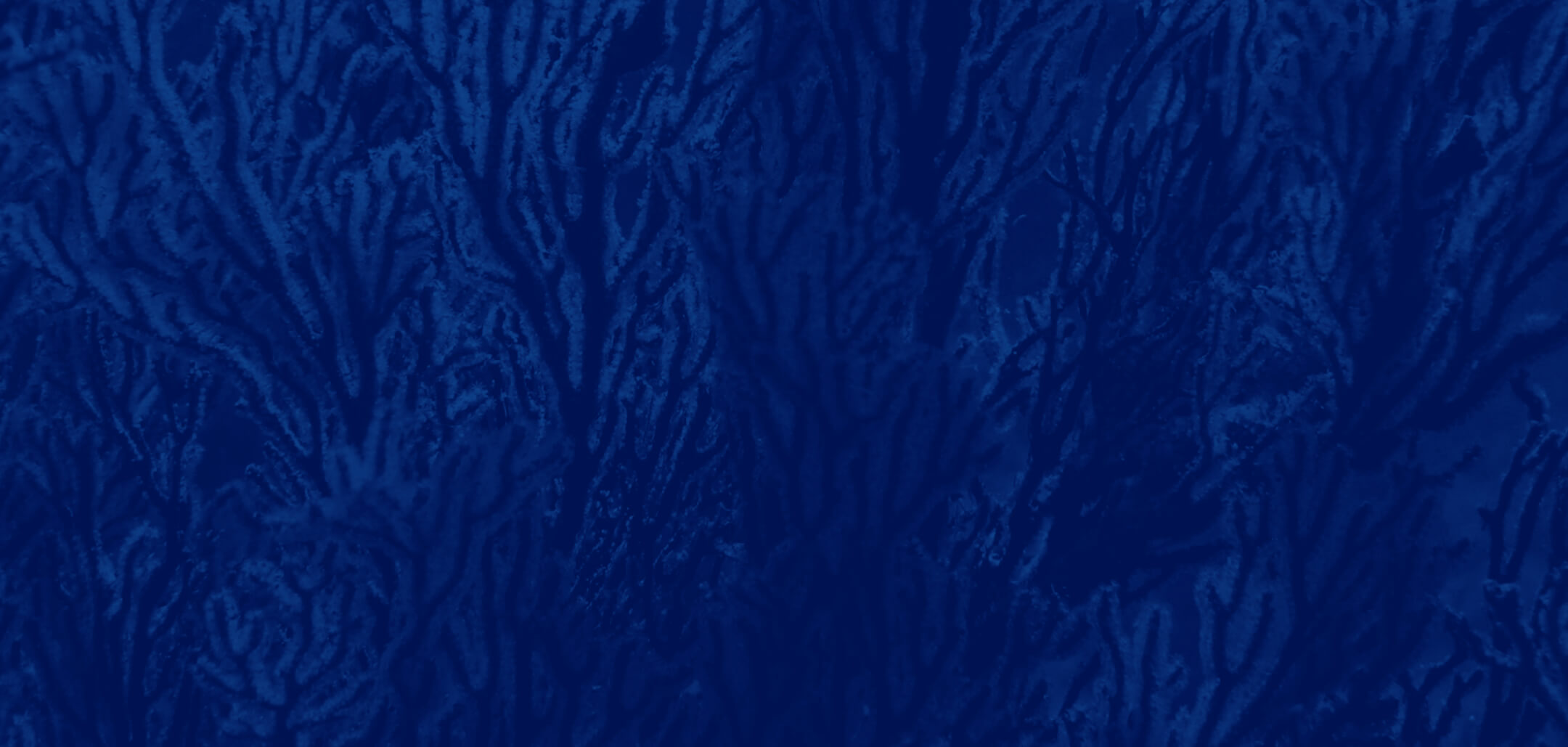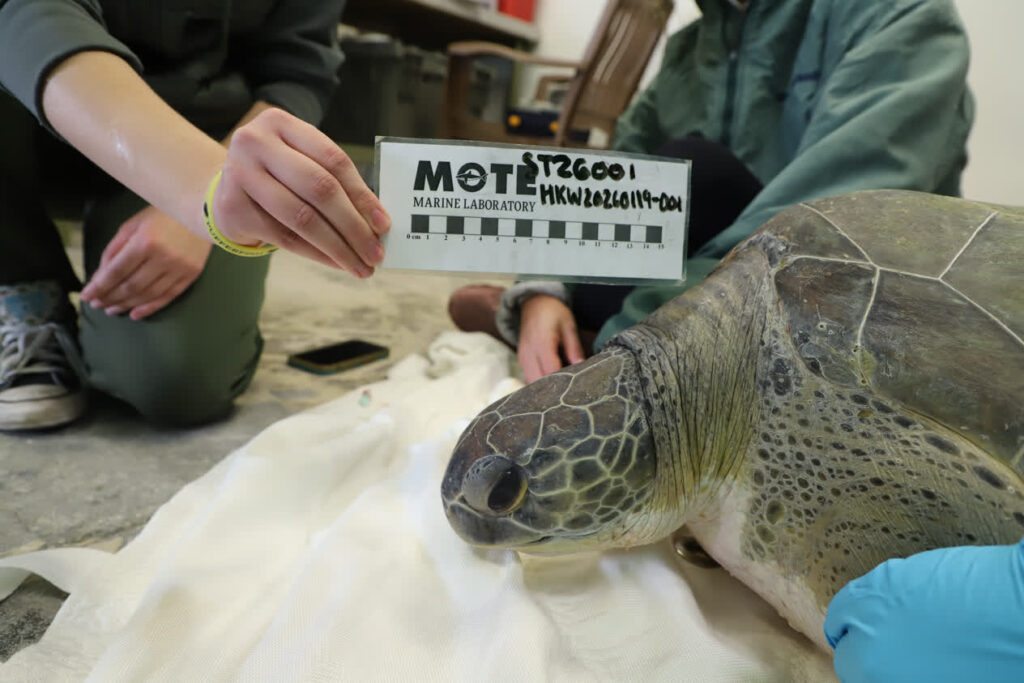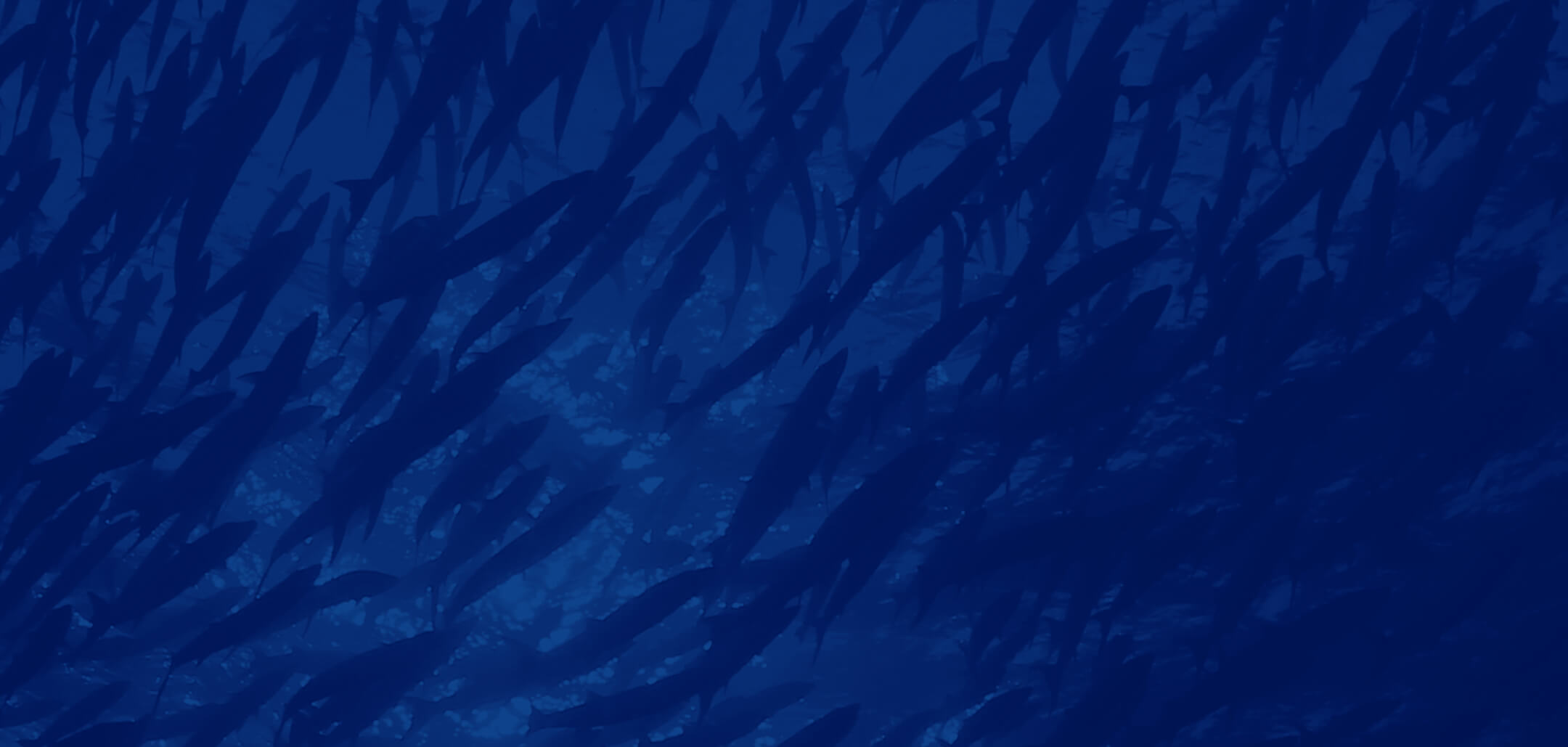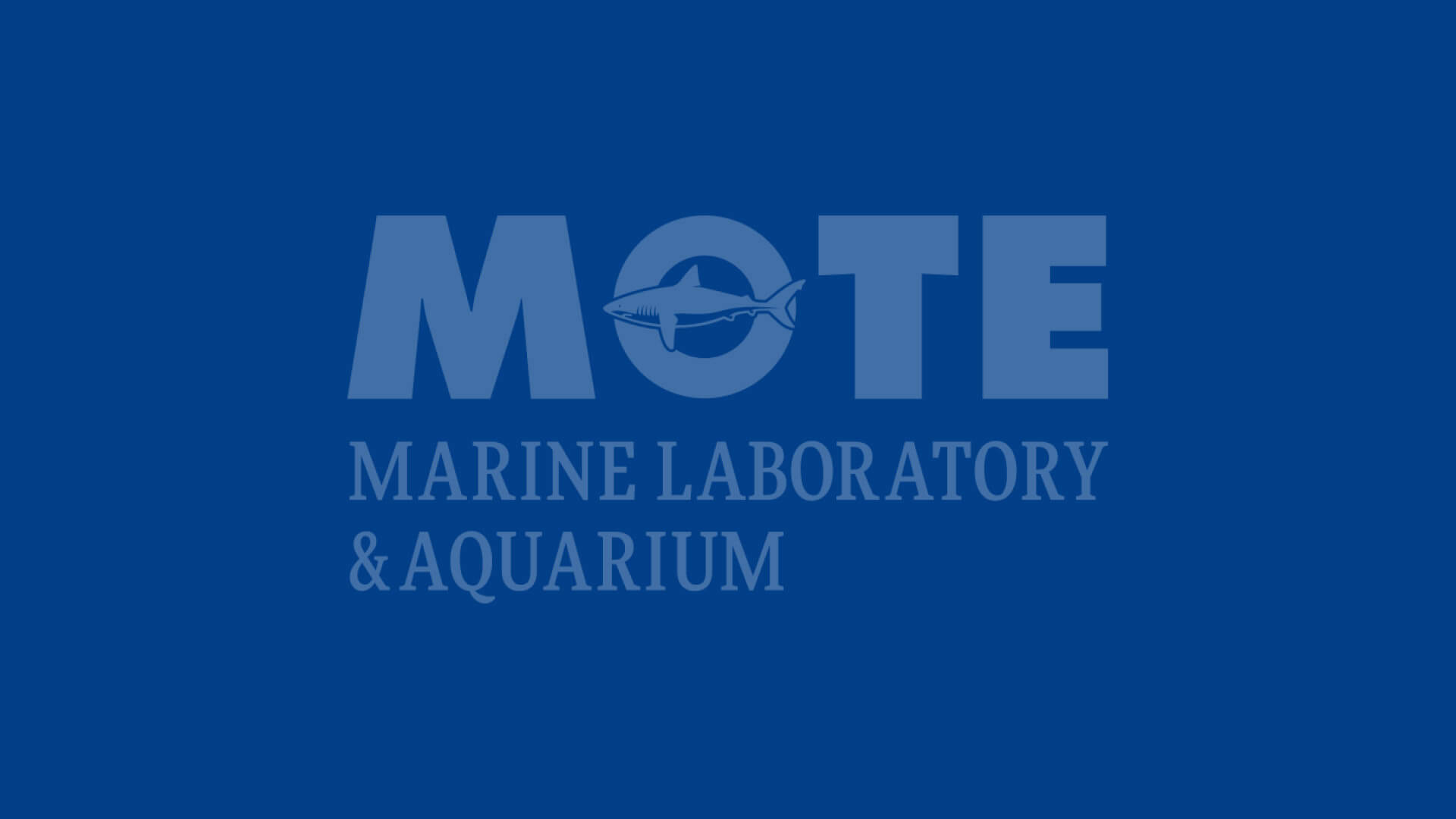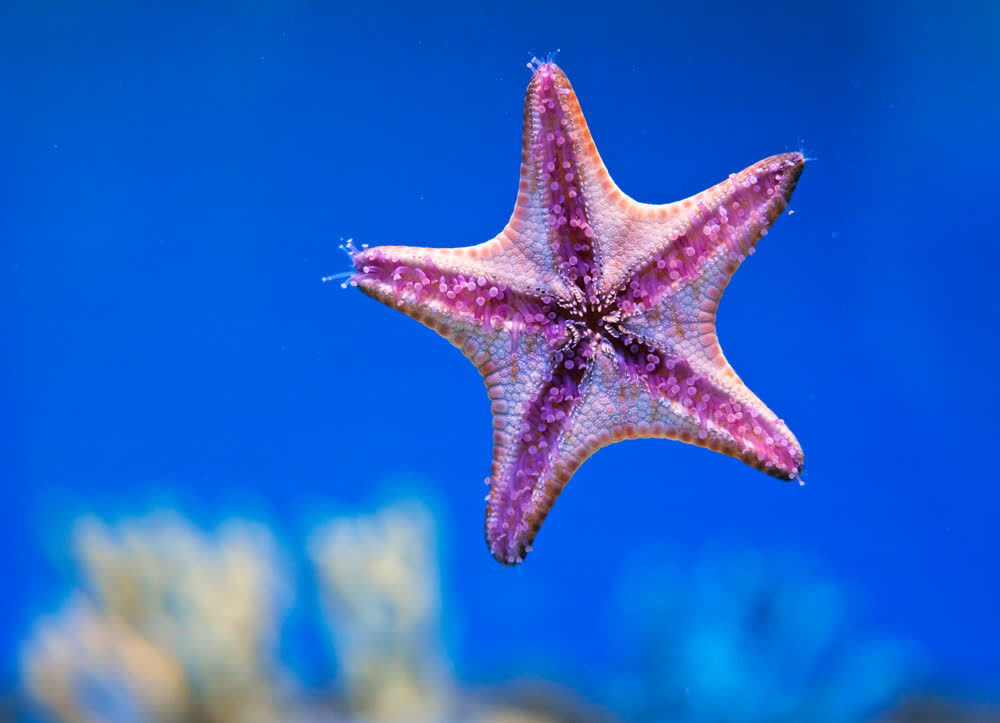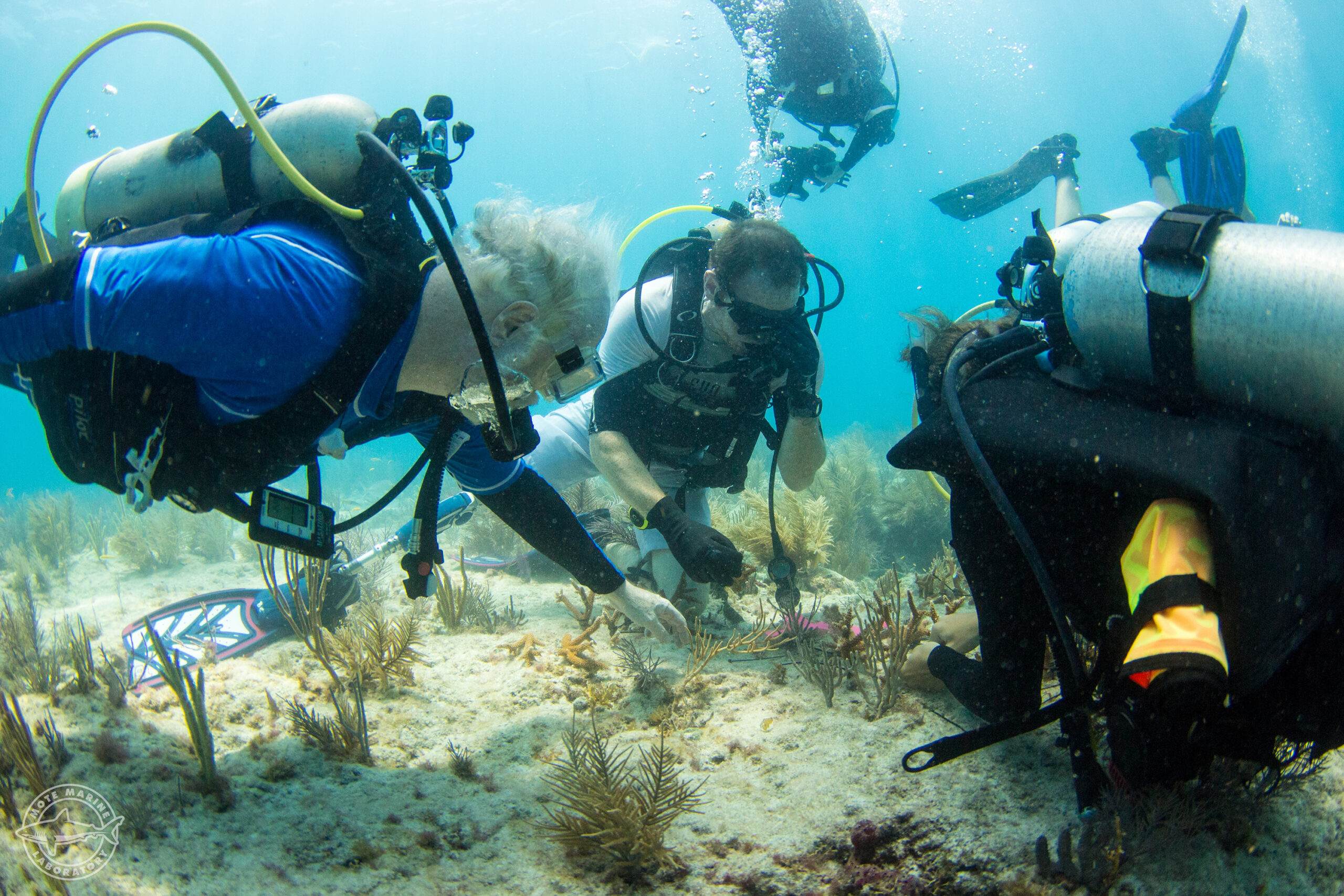We save sea turtles and mammals!
Mote Marine Laboratory & Aquarium is dedicated to rescuing sick and injured sea turtles and marine mammals. We provide top-notch diagnostics and care to help these animals recover in Mote’s hospital or with our rehabilitation partners. Our goal is always to return these animals to the ocean.
To report a stranded dolphin, whale, manatee or sea turtle (dead or alive) within coastal Southwest Florida, please call the Stranding Investigations Program’s 24-hour hotline: 888-345-2335.


